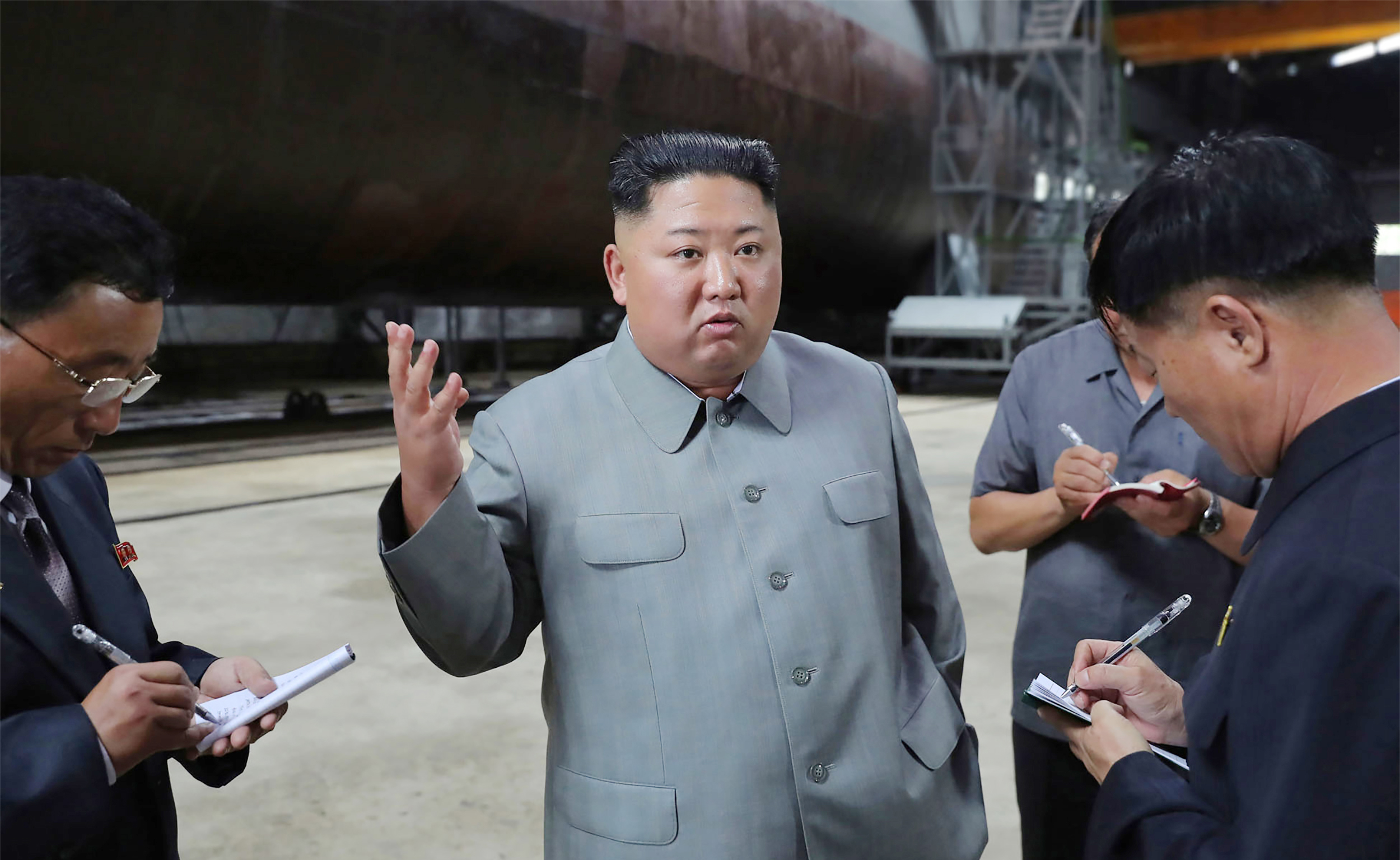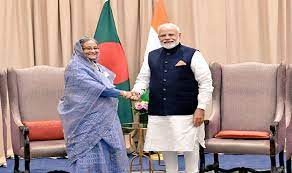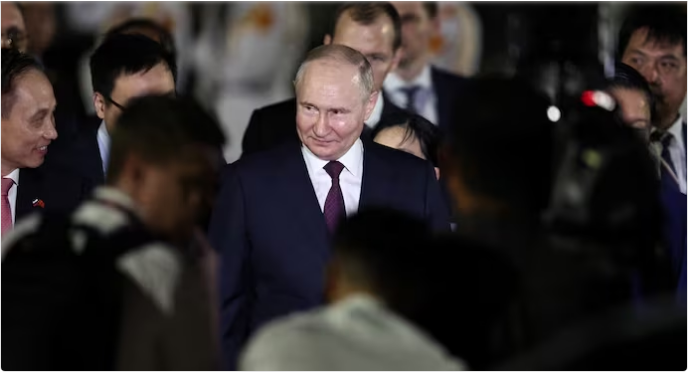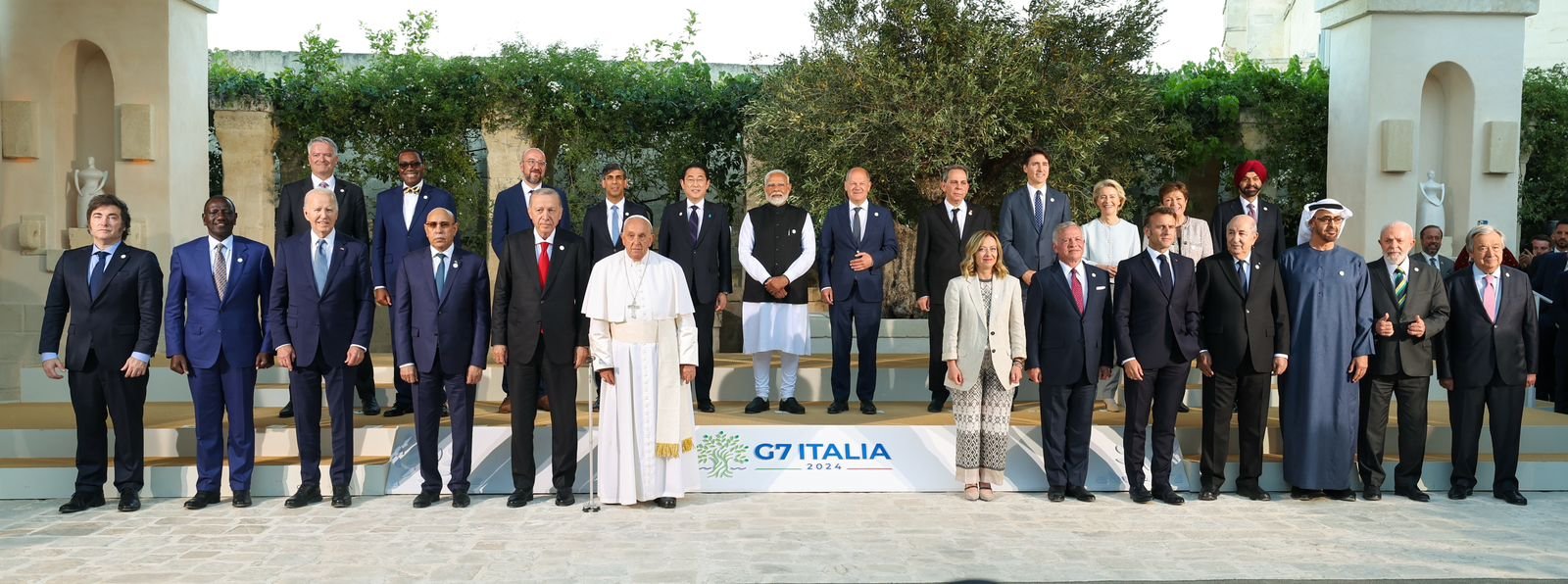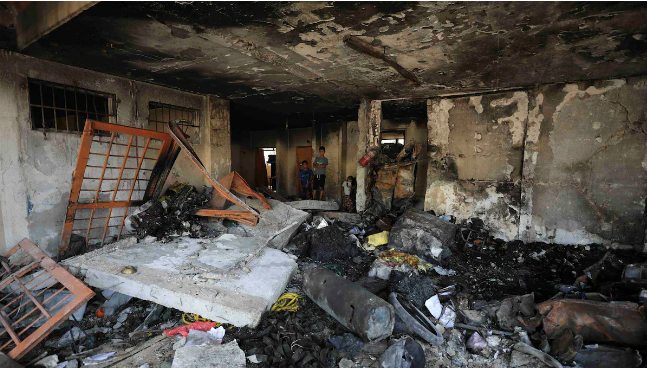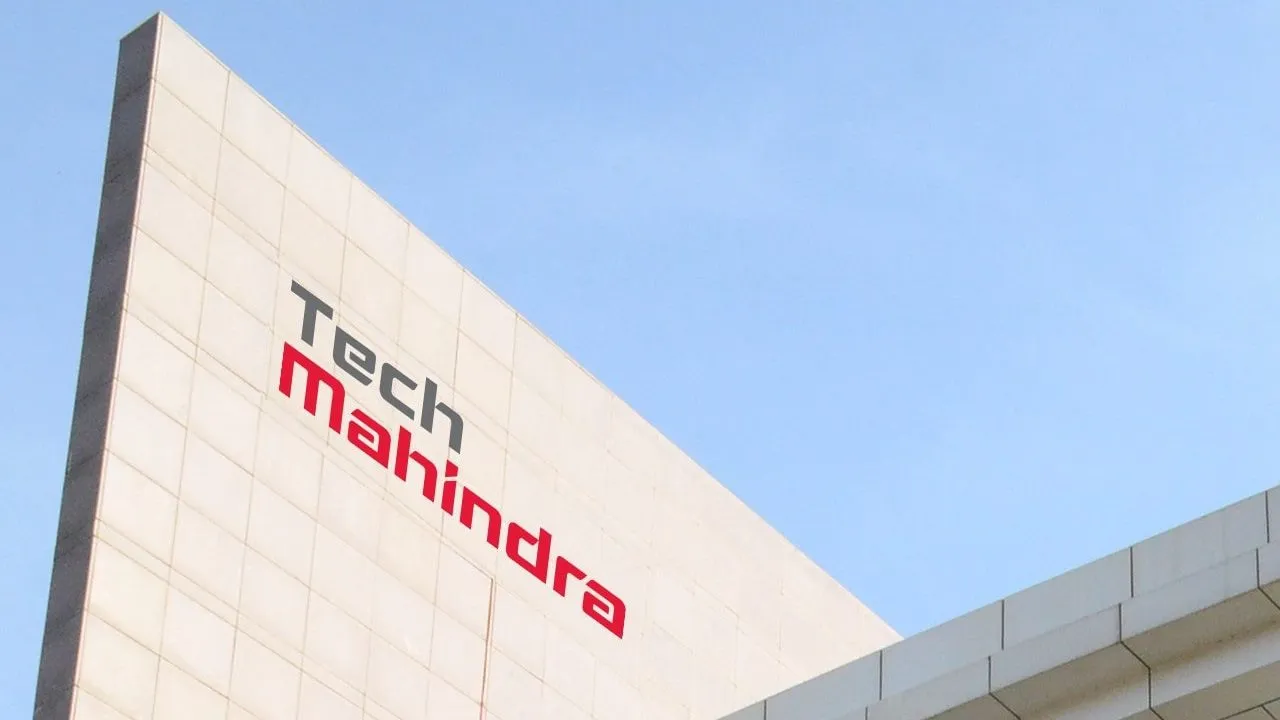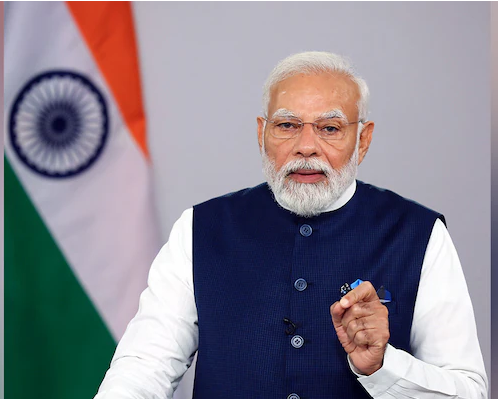Thousands attend late Iranian president Raisi funeral procession in Tabriz
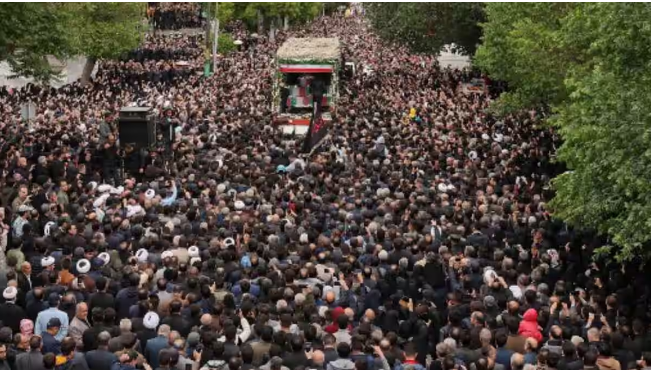
NEW DELHI: Thousands of Iranians took to the streets in the northwest city of Tabriz to mourn President Ebrahim Raisi who was killed in a helicopter crash this past weekend.
The mourners followed the funeral procession through the city while waving Iranian flags and portraits of the late president.
Raisi and seven others were killed on Sunday (May 19) when a helicopter they were travelling in crashed in a mountainous area of Iran.
Though large crowds are at the funeral procession, not all Iranians had supported the president, with many celebrating his death on social media.
On Tuesday (May 21), the mourners followed a lorry carrying the coffins of Raisi, Foreign Minister Hossein Amir-Abdollahian and others who died with him.
"We, the members of the government, who had the honour to serve this beloved president, the hardworking president, pledge to our dear people and leader to follow the path of these martyrs," said Interior Minister Ahmad Vahidi.
From Tabriz, Raisi's body will be flown to Qom, which is considered the second most sacred city in Iran after Mashhad. His body will then be moved to Iran's capital Tehran.
Processions will take place in the city on Wednesday morning, with Iran's Supreme Leader Ayatollah Ali Khamenei leading prayers at the farewell ceremony.
Raisi is expected to be buried in his birthplace, Mashhad, on Thursday.
The helicopter crashed on Sunday near the border with Azerbaijan where Raisi had been meeting the country's President Ilham Aliyev.
The state television announced his death in a report early on Monday. The finding of bodies of the president and others was later confirmed by the Iranian Red Crescent.
Elections will be held on 28 June to choose a new president, according to the state media. In the meantime, Vice-President Mohammad Mokhber has been appointed interim president.
Raisi was first sanctioned by the US in 2019 for what it said was "his administrative oversight over the executions of individuals who were juveniles at the time of their crime and the torture and other cruel, inhuman, or degrading treatment or punishment of prisoners in Iran, including amputations."
The infamous execution of 1988 saw sham retrials of political prisoners, militants and others that would become known as “death commissions” at the end of the bloody Iran-Iraq war.
The trials began when Iran thwarted a surprise attack by members of the Iranian opposition group Mujahedeen-e-Khalq, heavily armed by Iraqi leader Saddam Hussein.
Those who were captured were later asked to identify themselves. Those who said they were "Mujahedeen" were given death sentences immediately. Others were entrusted with the task of “clear minefields for the army of the Islamic Republic,” according to a 1990 Amnesty International report.
Most recently, Raisi was understood to have overseen Iran's massive aerial assault on Israel in April.
He also backed the country's brutal crackdown on anti-hijab protests that erupted after the 2022 death of Mahsa Amini.
Earlier, he also supported the country's enrichment of uranium up to near-weapons-grade levels.


